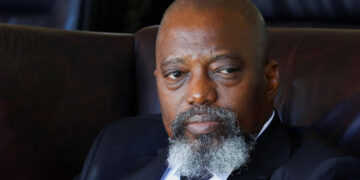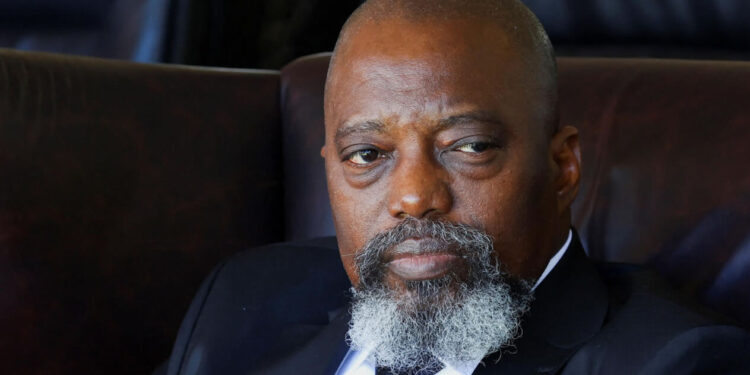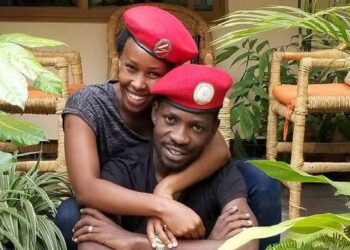The Democratic Republic of Congo’s senate voted overwhelmingly Thursday to strip former President Joseph Kabila of his immunity, clearing the way for his prosecution on charges of treason and war crimes for allegedly backing the M23 rebel group in the volatile east.
In a decisive 90-5 vote, lawmakers authorised the military prosecutor’s case against Kabila, who ruled from 2001 to 2019. Prosecutors allege a “substantial body of evidence” links him to M23, which has seized swaths of mineral-rich territory in recent months.
Senate Speaker Jean-Michel Sama Lukonde announced the lifting of Kabila’s “senator-for-life” immunity – a privilege granted after his presidency – though the 53-year-old, currently in South Africa, did not attend proceedings to mount a defence.
The move marks the latest escalation in Kabila’s bitter rivalry with successor Félix Tshisekedi. Once allies, their coalition collapsed in 2020, and authorities recently banned Kabila’s PPRD party over its perceived ambivalence toward M23’s advances.
Justice Minister Constant Mutamba, who previously ordered Kabila’s assets seized, urged the ex-leader to return from Johannesburg to face trial. Kabila’s camp dismissed the case as “political theatre,” while analysts warn it risks further destabilising a nation already battling dozens of armed groups.
The drama unfolds amid fragile peace efforts between DR Congo and Rwanda, which Kinshasa accuses of backing M23, a claim Kigali denies. Last month’s preliminary U.S.-brokered agreement offers hope, but eastern fighting continues to displace thousands. Three M23 leaders were sentenced to death in absentia last year, with bounties now on their heads.
Kabila, who took power at 29 after his father’s assassination, retains significant influence. His prosecution could either weaken his network or ignite fresh turmoil in a country still haunted by his contested 2018 election and turbulent 18-year rule.



































